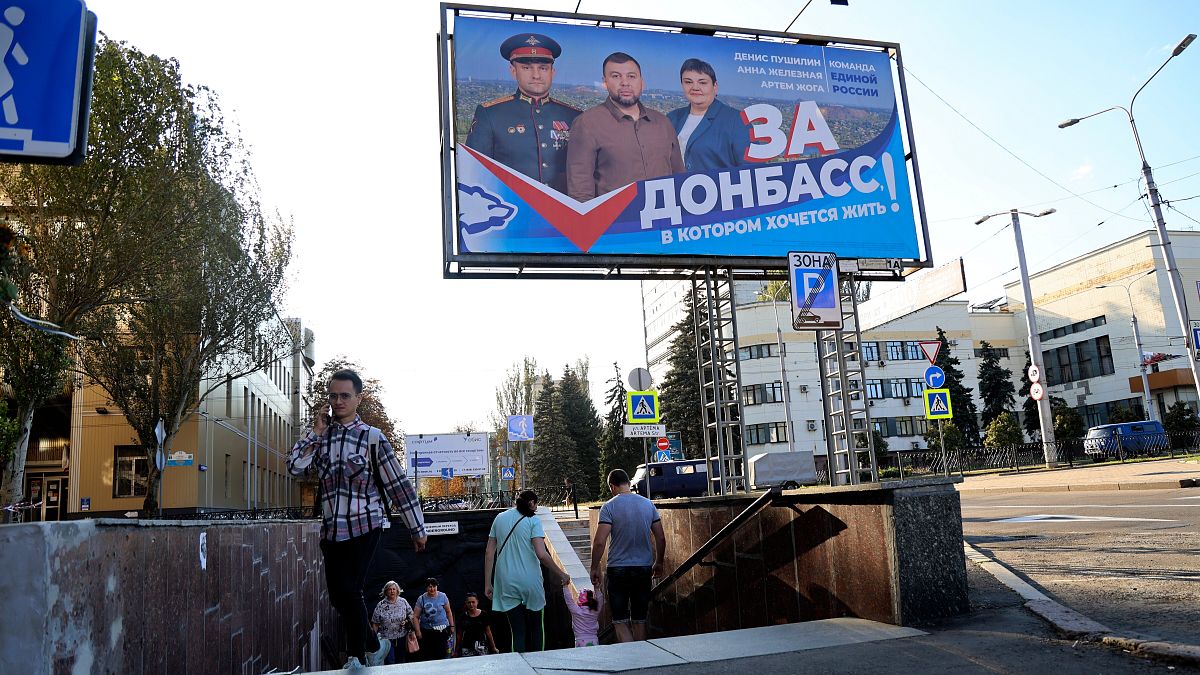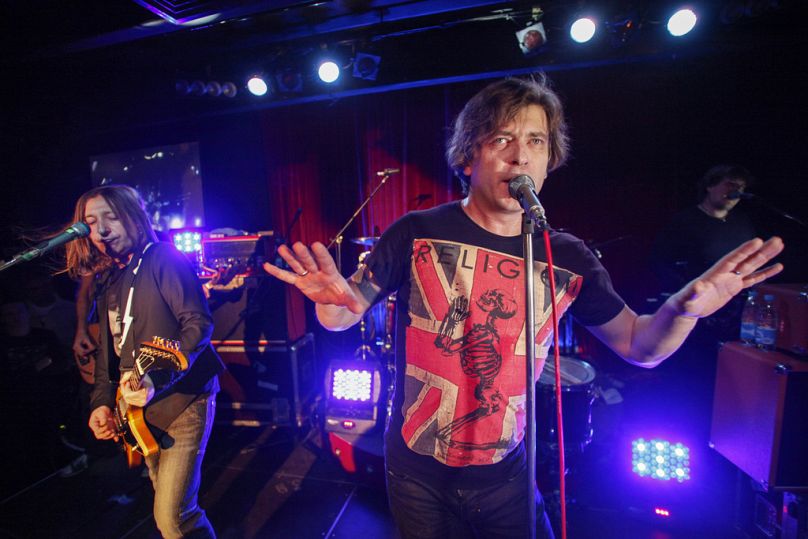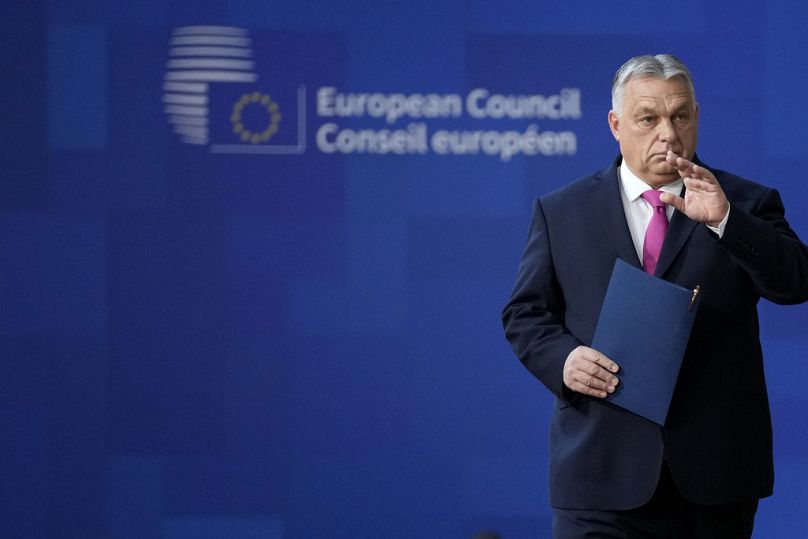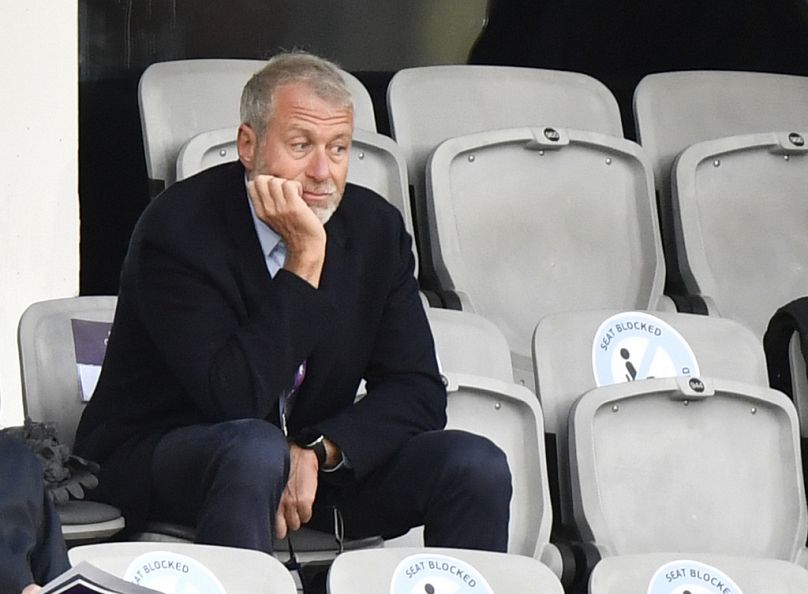
Ruling due in Russian separatist funding case
The United Nations’ top court plans to rule today on Ukraine’s allegations that Russia bankrolled separatist rebels in the country’s east a decade ago and has discriminated against Crimea’s multiethnic community since its annexation of the peninsula.
The legally binding final ruling is the first of two expected decisions from the International Court of Justice linked to the decade-long conflict between Russia and Ukraine that exploded into a full-blown war almost two years ago.
The case, filed in 2017, accuses Russia of breaching conventions against discrimination and the financing of terrorism. Ukraine wants the court to order Moscow to pay reparations for attacks and crimes in the country’s east, including the downing of Malaysia Airlines Flight 17 in July 2014.
The court is also expected to rule Friday on Russia’s objections to its jurisdiction in another case filed by Ukraine shortly after Russian troops invaded on Feb. 24, 2022. It alleges that Moscow launched its attack based on trumped-up genocide allegations.
The court already has issued an interim order for Russia to halt the invasion, which Moscow has flouted.
Belarusian rock band critical of Putin detained in Thailand
Members of a rock band that has been critical of Moscow’s war in Ukraine remained locked up Tuesday in a Thai immigration jail, fearful that they could be deported to Russia as a reported plan to let them fly to safety in Israel was apparently suspended.
The progressive rock band Bi-2 said on Facebook they had information that intervention from Russian diplomats had scuttled the plan, even though tickets had already been purchased for their flight.
“The group participants remain detained at the immigration centre in a shared cell with 80 people,” the post said. It said they declined to meet with the Russian consul.
The group later said on the Telegram messaging app that its singer, Yegor Bortnik, whose stage name is Lyova, boarded a flight for Israel late Tuesday, but the other members remained in jail.

The seven band members were arrested last Thursday after playing a concert on the southern resort island of Phuket, reportedly for not having proper working papers. On Facebook, they said all their concerts “are held in accordance with local laws and practices.” Phuket is a popular destination for Russian expats and tourists.
The detained musicians “include Russian citizens as well as dual nationals of Russia and other countries, including Israel and Australia,” the group Human Rights Watch said in a statement Tuesday. Those holding only Russian citizenship are thought to be most at risk.
Bi-2 has 1.01 million subscribers to its YouTube channel and 376,000 monthly listeners on Spotify.
Ukraine’s promises to Hungarian minority fall short, says Orbán
Members of a sizeable ethnic Hungarian minority in Ukraine continue to disrupt relations between Budapest and Kyiv, threatening to derail key financial support for the Ukrainian war effort.
Hungarian Prime Minister Viktor Orbán has long alleged that Ukraine’s government is infringing upon the right of Hungarian-speaking students, and of the roughly 75,000 ethnic Hungarians residing in the Ukrainian region of Zakarpattia, to speak their native language in education and public administration.
His government has blocked crucial EU funding for Ukraine and threatened to impede the war-ravaged country’s efforts toward eventually joining the bloc, bringing diplomatic ties to worrying lows.

The dispute over language is rooted in Ukraine’s efforts to bolster its national identity after Russia-backed rebels took control of two regions in the country’s east in 2014 and Moscow annexed Ukraine’s Crimean Peninsula.
Aimed at combating Russian influence, but ultimately affecting other minority languages, a law was passed in 2017 that made Ukrainian the required language of school study past the fifth grade.
But in December, Ukraine amended its education and language laws to comply with the EU’s membership requirements, and restored many of the language rights demanded by Budapest – prompting a sigh of relief from the region’s Hungarian community.
UK tries to free up frozen Abramovich Chelsea funds
UK lawmakers expressed frustration Wednesday that funds from the sale of the Chelsea Football Club have not yet gone to support Ukrainian war victims as had been promised nearly two years ago by the former owner, Russian billionaire Roman Abramovich.
Abramovich sold Chelsea in 2022 after being sanctioned by the British government for what it called his enabling of Russia’s “brutal and barbaric invasion” of Ukraine.
He pledged to donate the £2.5 billion (nearly €3 billion) from the sale to victims of the war. But almost 20 months later, the funds are still frozen in a bank account in an apparent disagreement with the British government over how they should be spent.

The stalemate highlights the difficulty Western governments face in reallocating frozen Russian assets to Ukraine – even those that have been pledged by their owner.
“We are all completely baffled and frustrated that it has taken so long,” said Lord Peter Ricketts, chair of the European Affairs Committee in the British House of Lords, which produced the report.
“We can’t understand why either Abramovich or the British government didn’t ensure that there was more clarity in the original undertaking which … would avoid arguments about exactly who in Ukraine would get this money,” Ricketts said.
The impasse “reflects badly on both Mr Abramovich and the Government,” the report said.





